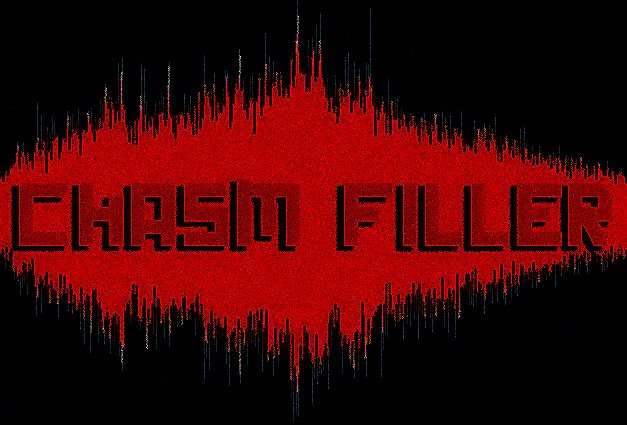
Budd's first proper album, originally released on Eno's label Obscure and produced by him. With contributions from Marion Brown, Michael Nyman and Gavin Bryars, among others.
"The debut album of ambient composer Harold Budd, who is perhaps best known to progressive fans for his collaborations with Brian Eno, who produced this as well. The music of Pavilion of Dreams is a cycle of work composed from 1972-1975, marking Budd's resurgence as a composer after a period of disillusionment with contemporary avant-garde music. Budd's trademark is the major seventh chord (e.g., for a C chord, play these notes on the piano: C-E-G-B), which invariably lends his work a warm, sighing quality and can also be found liberally on this album.
In describing this period of his career, Budd said that he was "in full revolt" against the truculent, "tough" music of the avant-garde. The opening "Bismillahi 'Rrahman 'Rrahim" immediately sets the mood of the album, with the sax of Marion Brown (who played on John Coltrane's Ascension) bathing in a pond of warmth established by marimbas, harp, celeste, and the very celeste-like Fender Rhodes. The final piece of the album, "Juno," brings this mood to its conclusion, with Budd's gushing waterfalls of piano. In the intervening 45 minutes or so, you have music whose primary goal above all else is to be devastatingly beautiful.
"Madrigals of the Rose Angel" remains my favorite track on this album, and indeed, I still think it is one of Budd's greatest contributions as an artist. A work initially conceived for performance by "piano, harp, celeste, topless choir, and lights" is bound to be controversial. In a 1997 interview, Budd himself called it with a grin, "blatantly sexist." Maybe so, but there's a flip-side to that observation. I am convinced that if women really want to rule the world, their best shot is to get together, collectively listen to and study this track, for there is no greater example of the power in the female voice to bring swooning males irrevocably to their knees. Anyway, "Madrigals" implements an interesting technique of using the choir and the instruments as pivots to guide the music along. Typically, the choir is static in melody while the instruments change chords, and the next moment the instruments are static as the choir continues along with the melody.
Though Budd also uses the adjective "shallow" in describing this, I do not have that experience at all as a listener receiving these sounds. There is one moment in "Madrigals," right after the choir hits their first note (i.e., a C# minor seventh chord ripples with a gentle crescendo into C# major seventh) that always gives me chills. There is something hypnotic and mystical that reaches in deep for just that one ripple alone. The logic in my head tells me it's a simple change of sustained chords. But what I feel — it's like the sound of a portal opening to a new place — undefinable. Maybe if you listen to it to you'll discover a similar feeling as well. It's those kind of moments that make listening to music such a rewarding thing.
The use of primarily acoustic instruments lends this album an organic quality that increases its already burgeoning appeal. There are many that cannot get into the basic, Paradisic sensibility of this album, possibly because they feel it's too over the top. While I can't fault them for their opinion, I sure as hell don't agree with it. For those who are interested in exploring Budd's work, I feel this one is pretty much a given. After Pavilion of Dreams, Budd would concentrate primarily on solo and collaborative work in various settings, before returning to ensemble writing in the early 1990s." - Joe McGlinchey



Thanks!
ReplyDelete